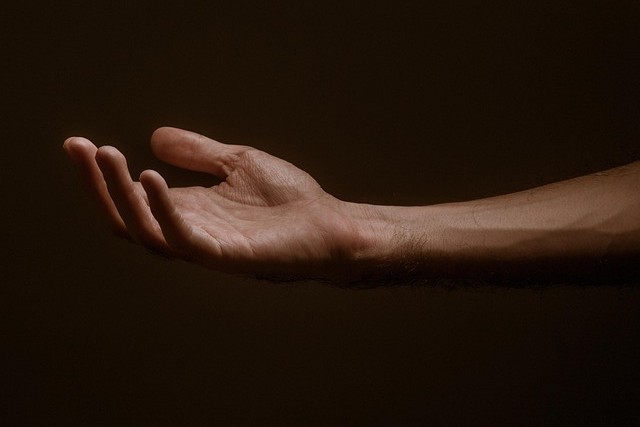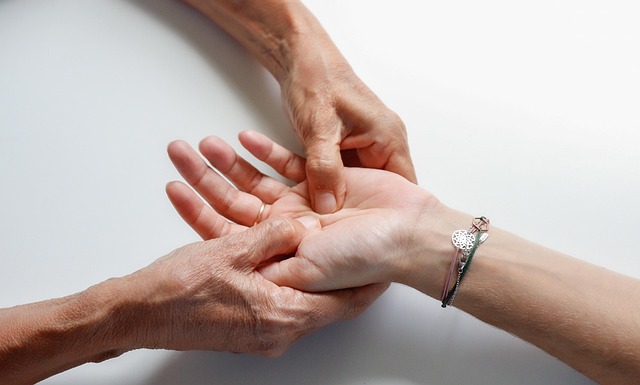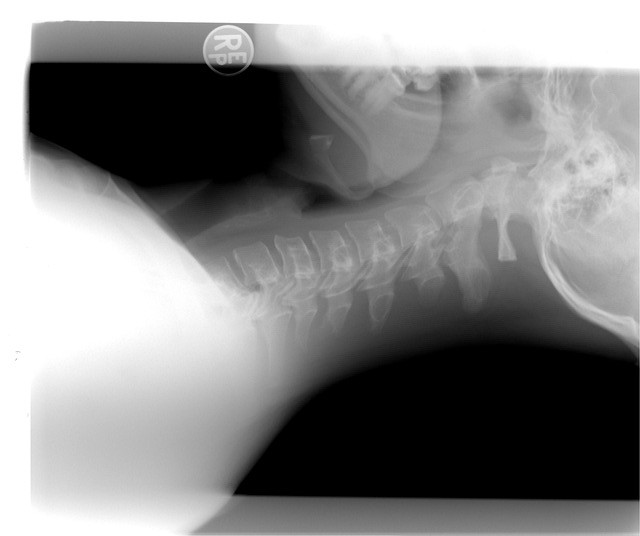In 1992, Penacchioni, P., et. al., study aimed to assess the antiemetic effects of acupressure applied to the Neiguan point in alleviating morning sickness during early pregnancy.
A randomized, double-blind, cross-over, placebo-controlled trial was conducted with sixty women in the early stages of pregnancy. Over a 12-day period, organized into four phases of 3 days each, participants were assigned to either unilateral or bilateral acupressure groups to investigate the effectiveness of the intervention. The study also included a placebo acupressure group.
The application of acupressure at the Neiguan point demonstrated a significantly lower frequency of morning sickness compared to the placebo treatment. Both unilateral and bilateral acupressure exhibited a positive effect of over 60%, while the placebo acupressure demonstrated an approximately 30% positive effect. Transitioning from unilateral to bilateral pressure on the Neiguan point did not yield a statistically significant difference. No notable side effects were reported.
Acupressure targeting the Neiguan point emerges as an effective intervention for relieving morning sickness during early pregnancy. The study underscores the potential of acupressure as a non-invasive and well-tolerated option for managing this common discomfort associated with pregnancy. Further research may explore optimal acupressure protocols and elucidate the underlying mechanisms contributing to its antiemetic effects.
Reference: Penacchioni, P. (1992). Morning sickness control in early pregnancy by Neiguan point acupressure. Obstetrics & Gynecology, 80(5), 852-854.




